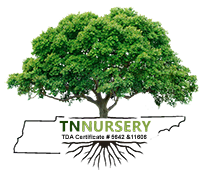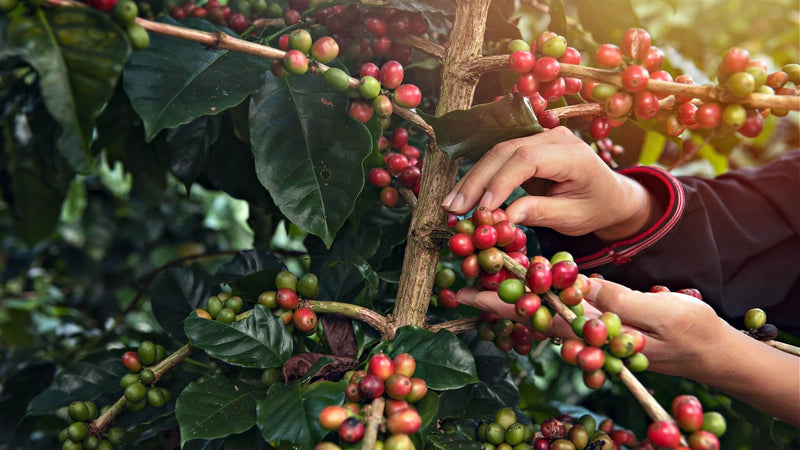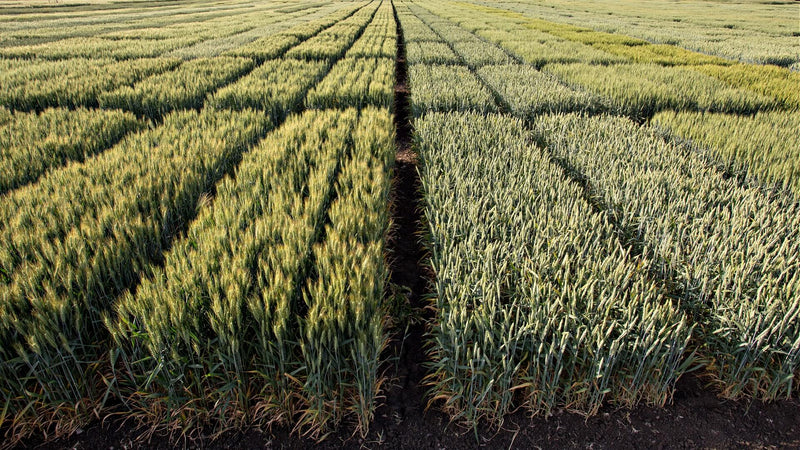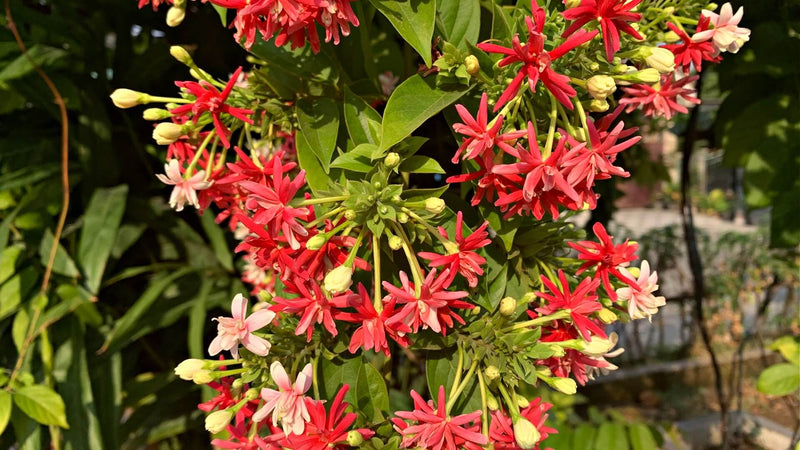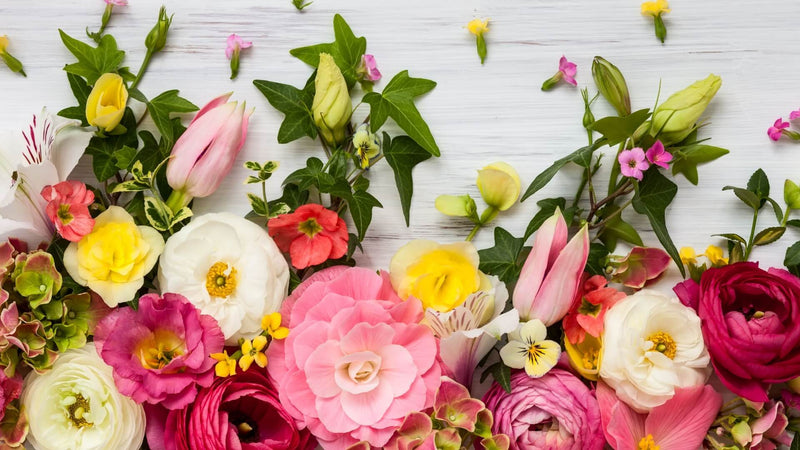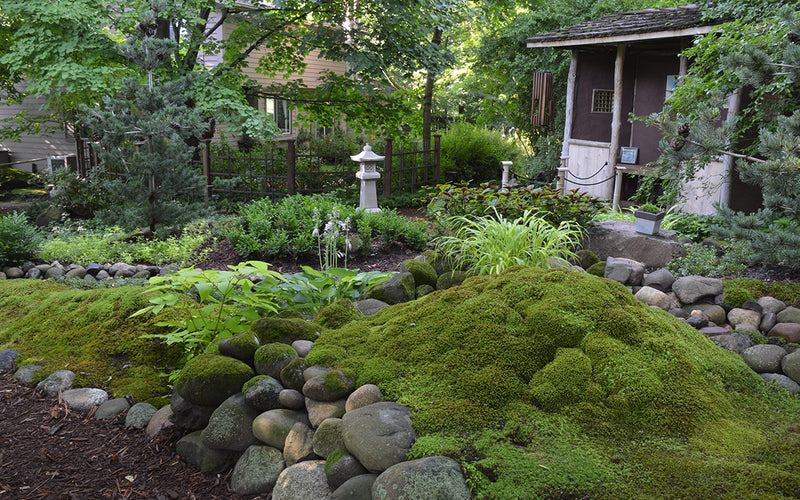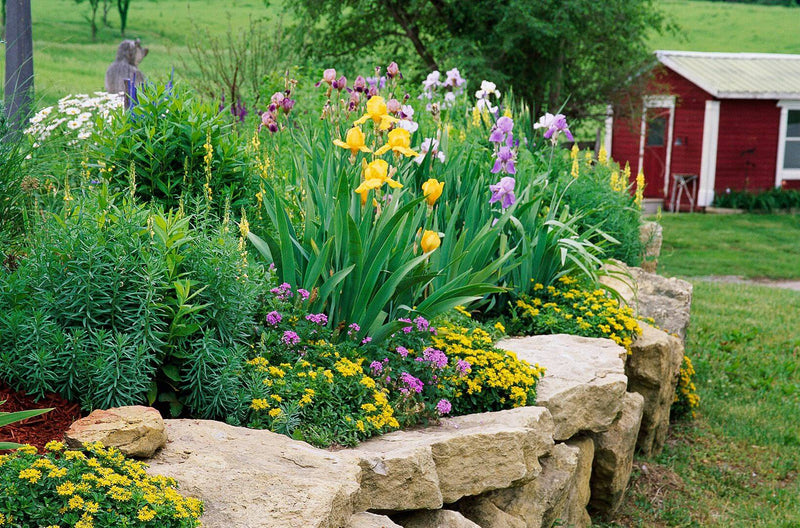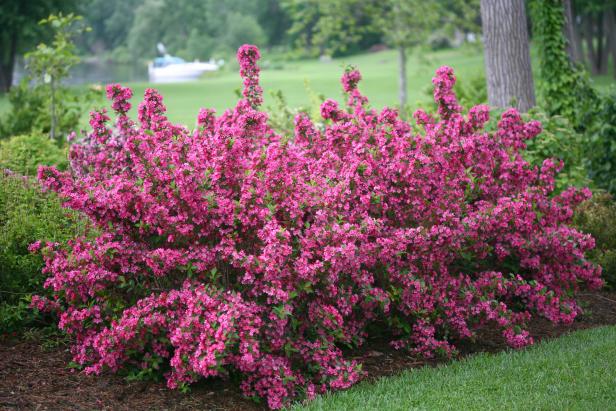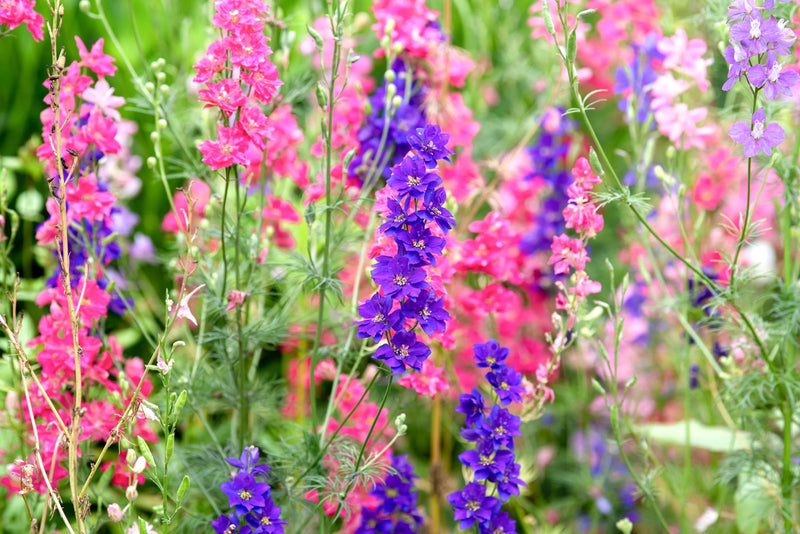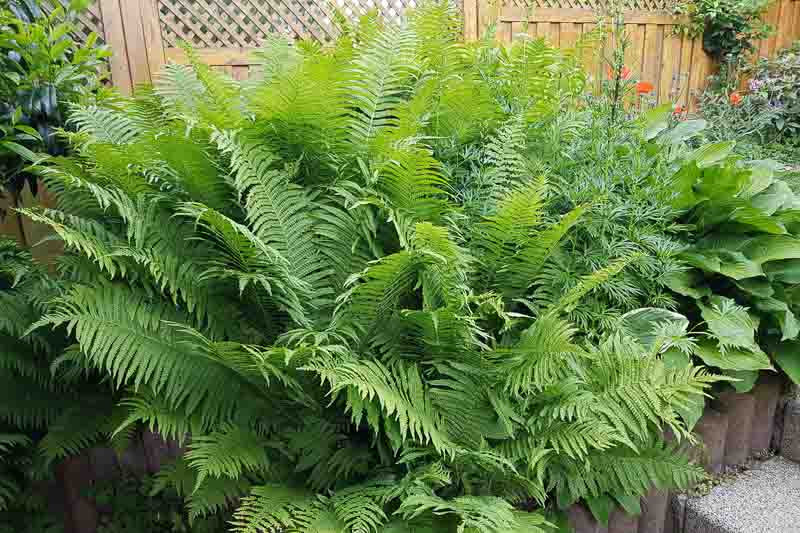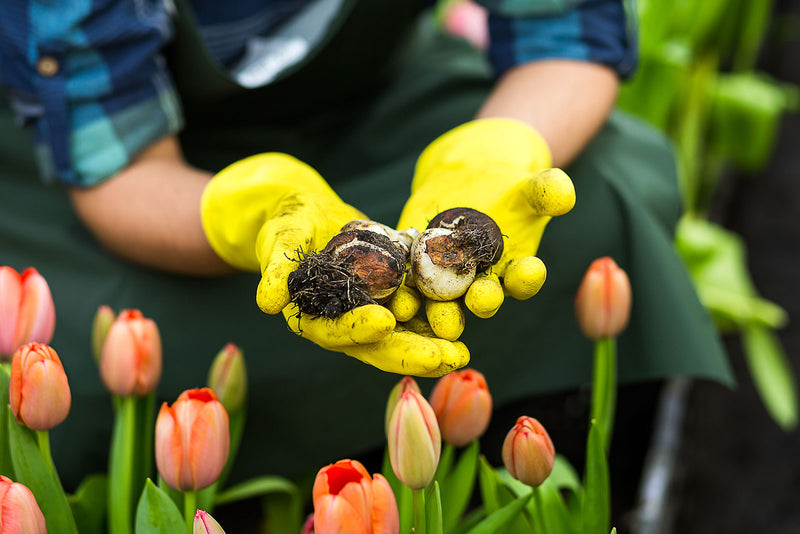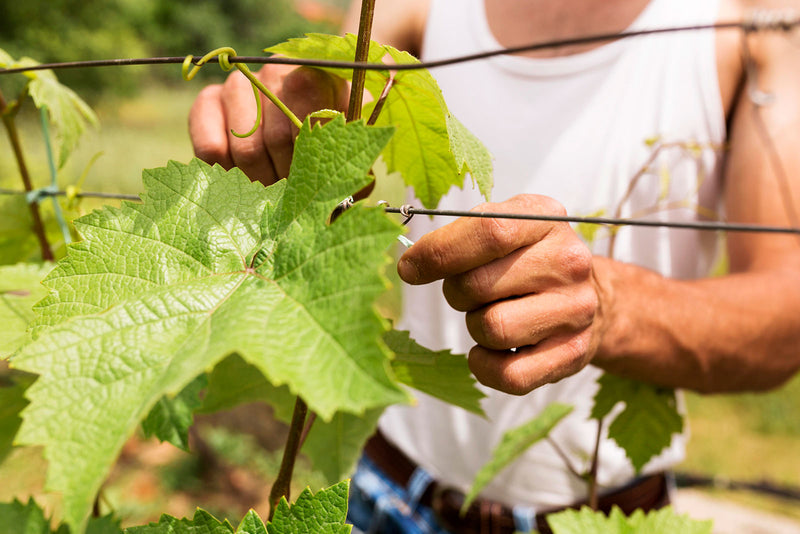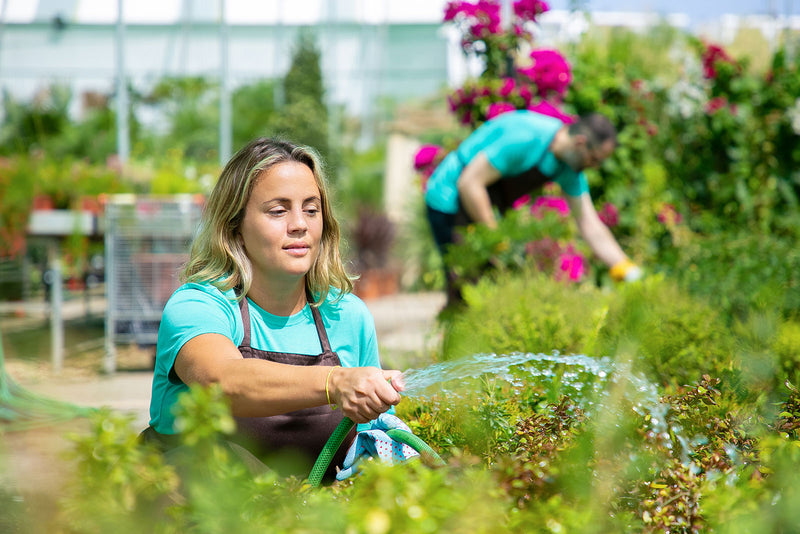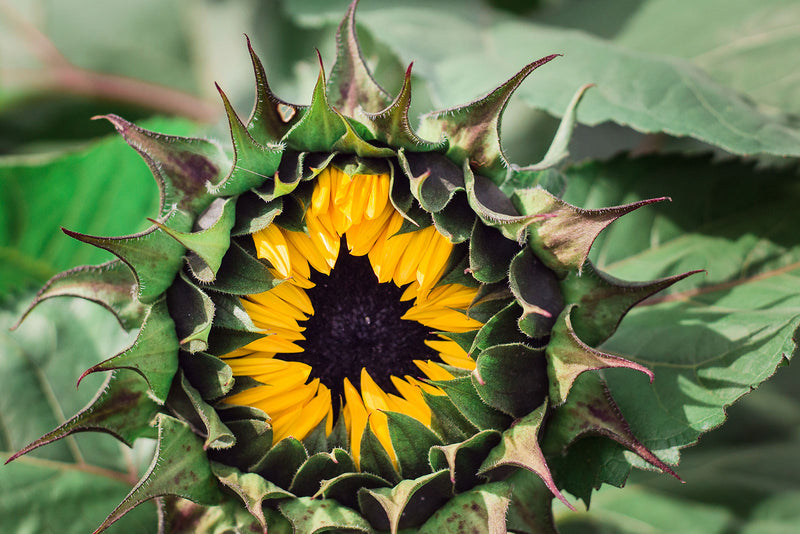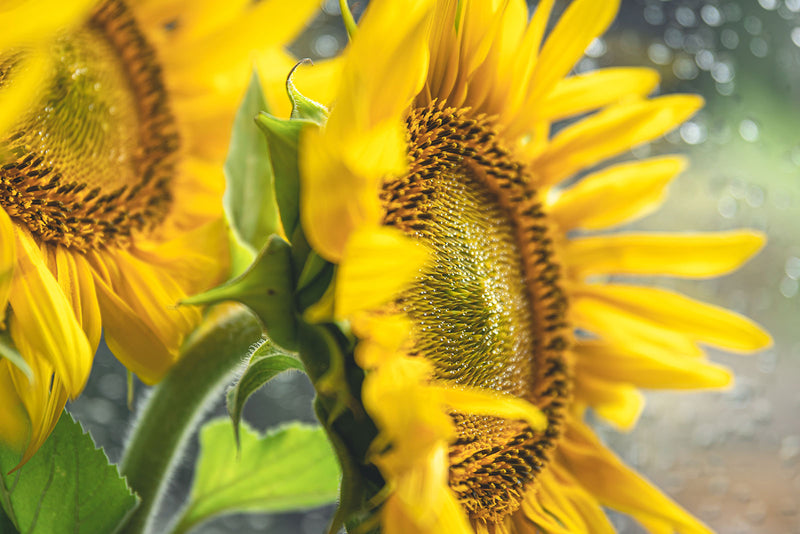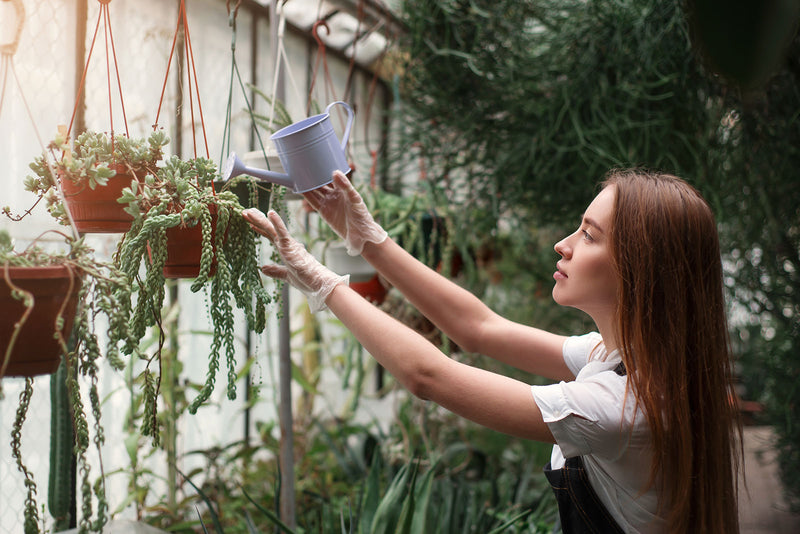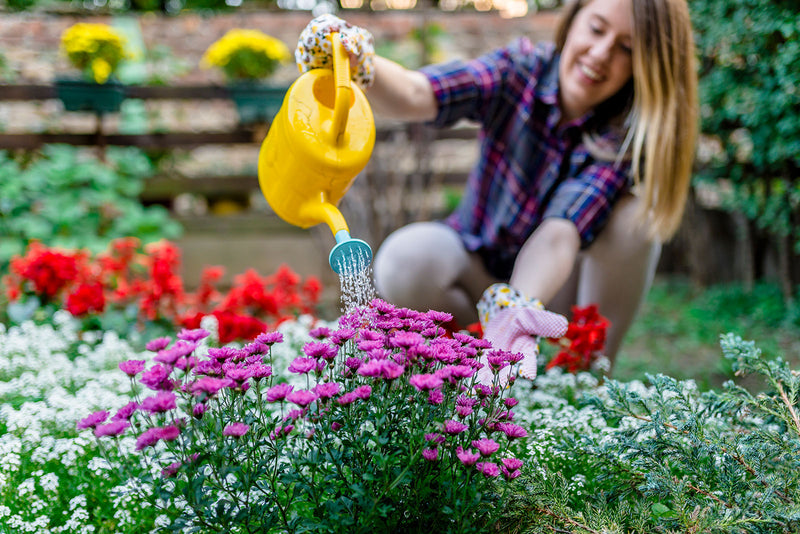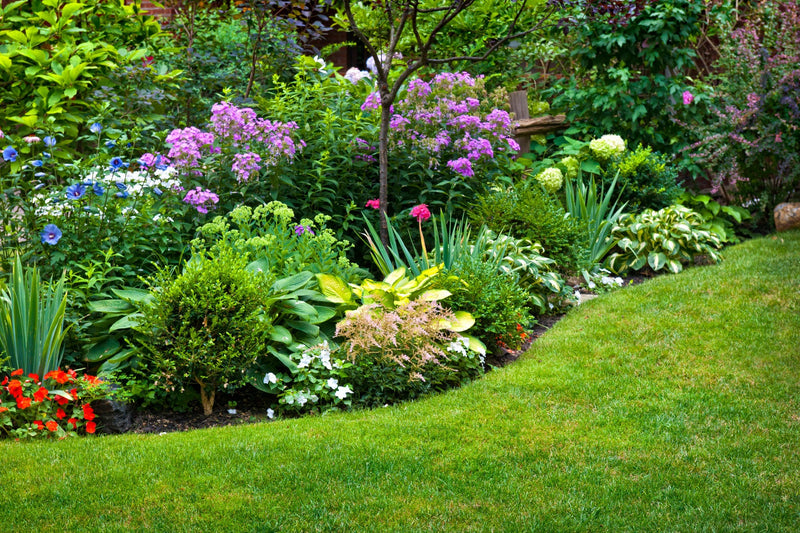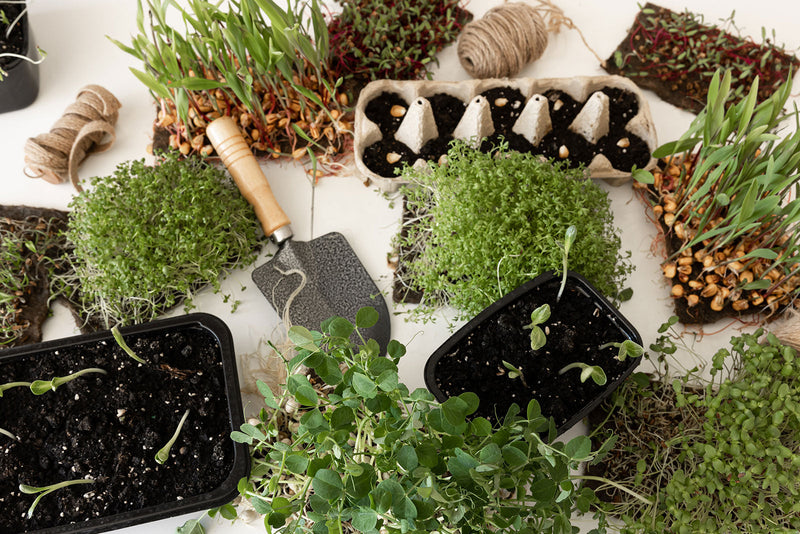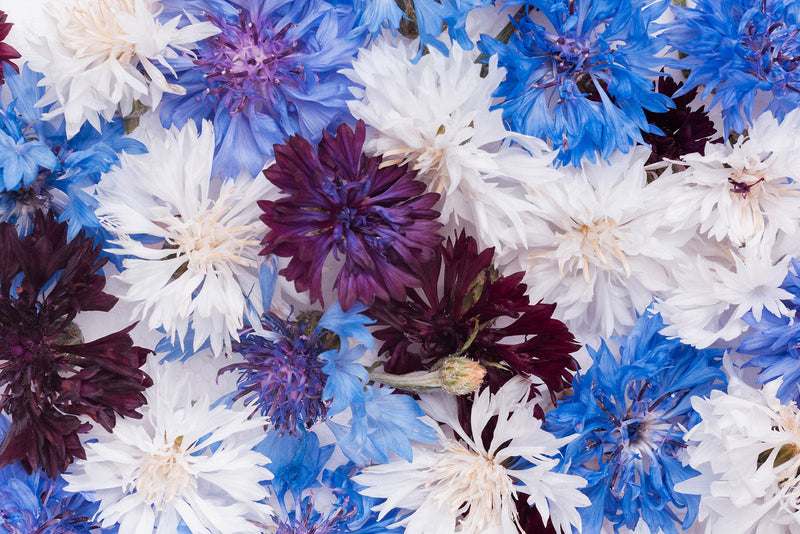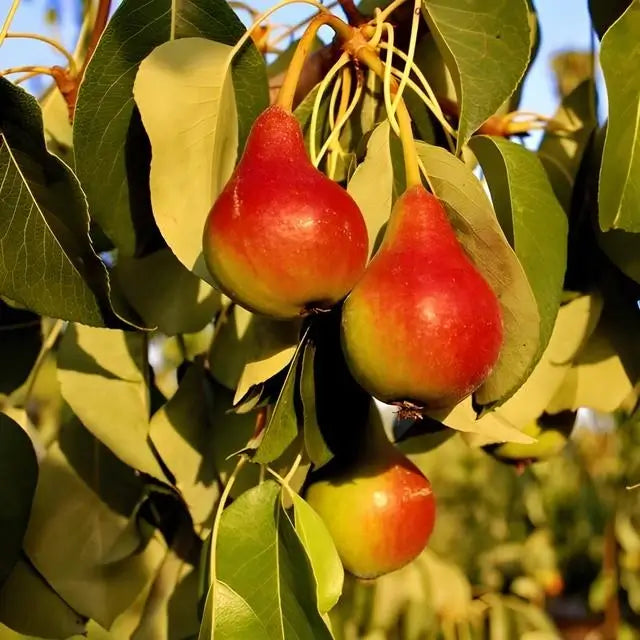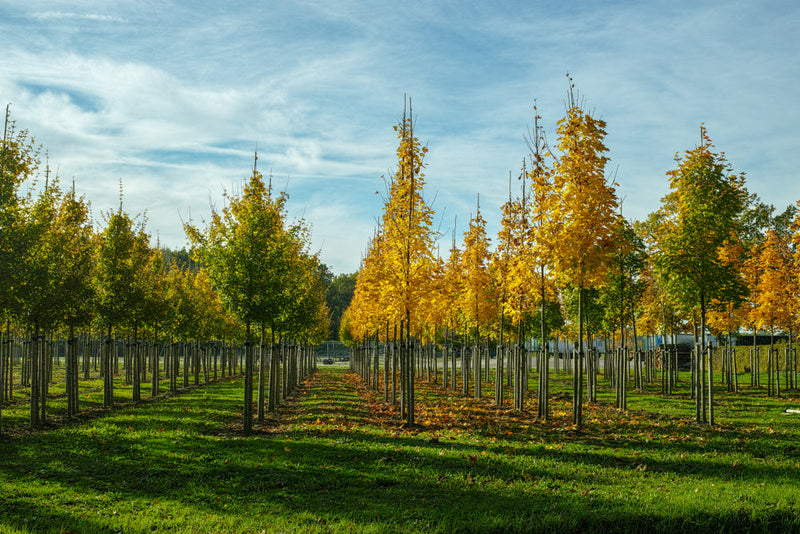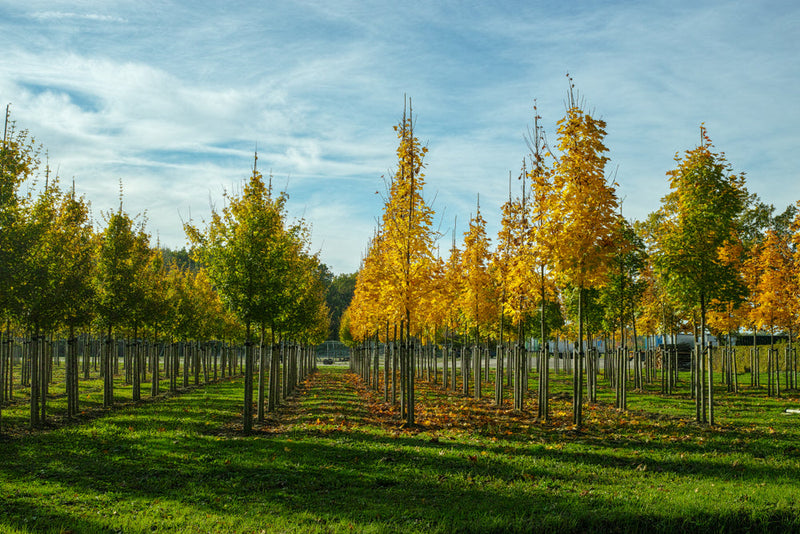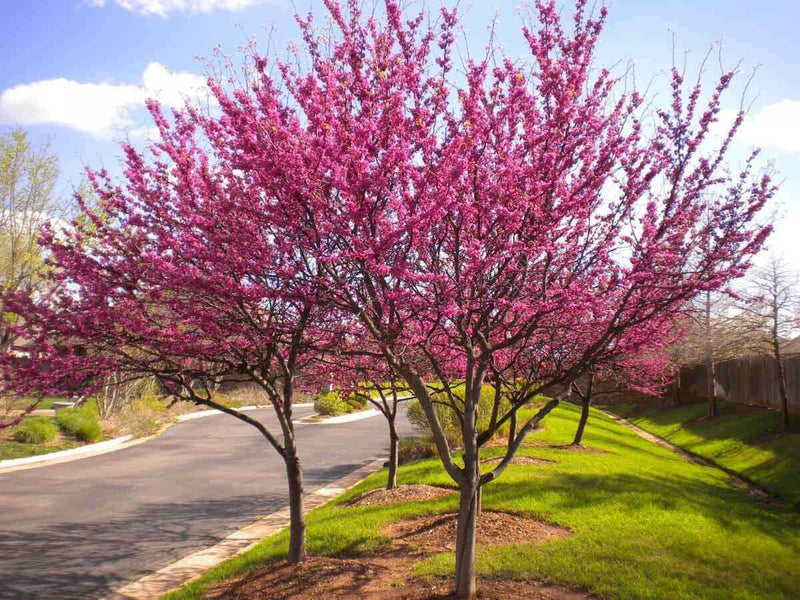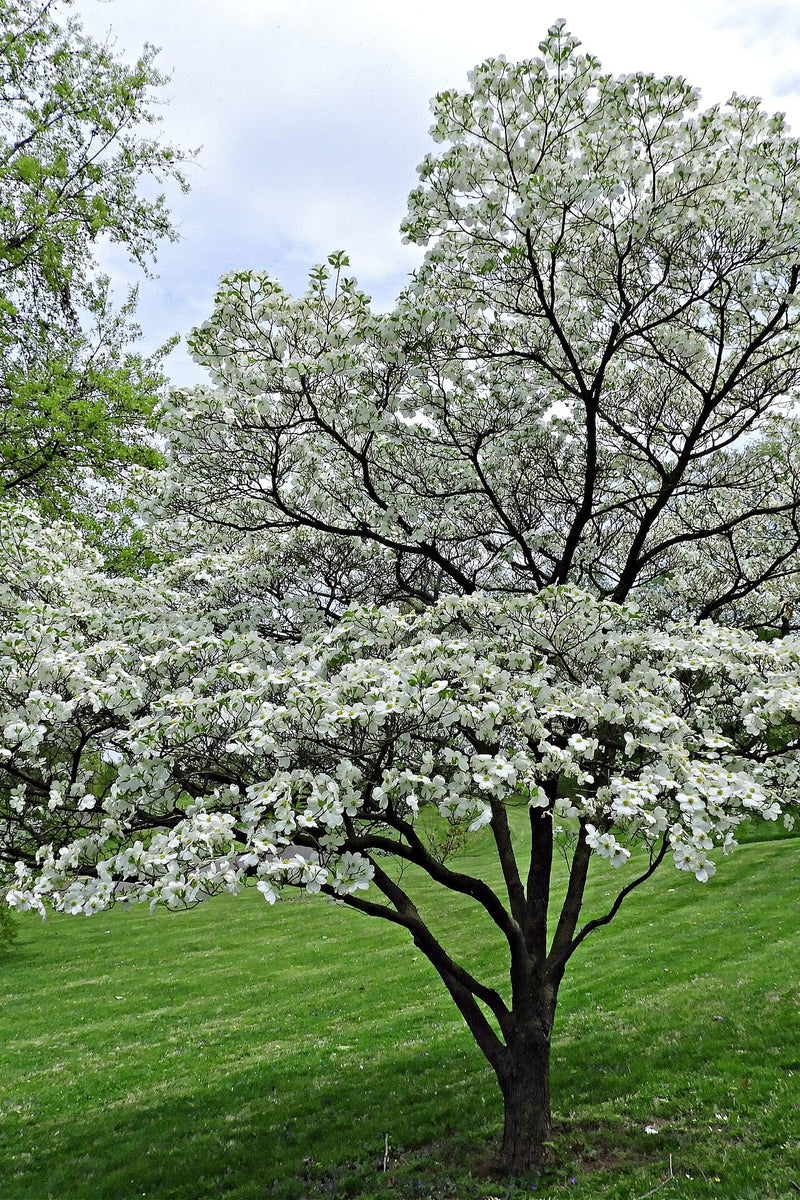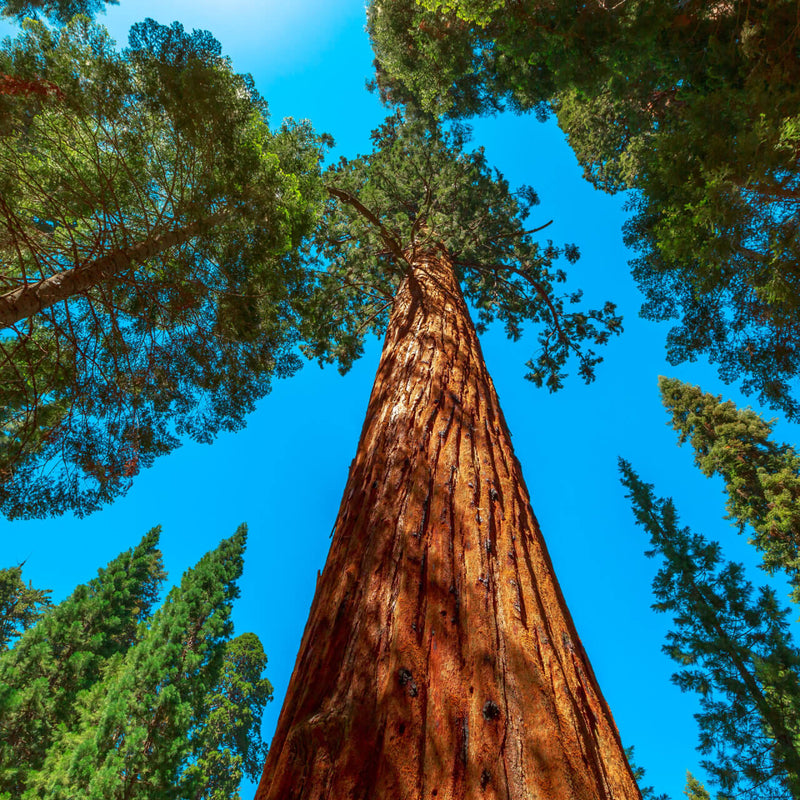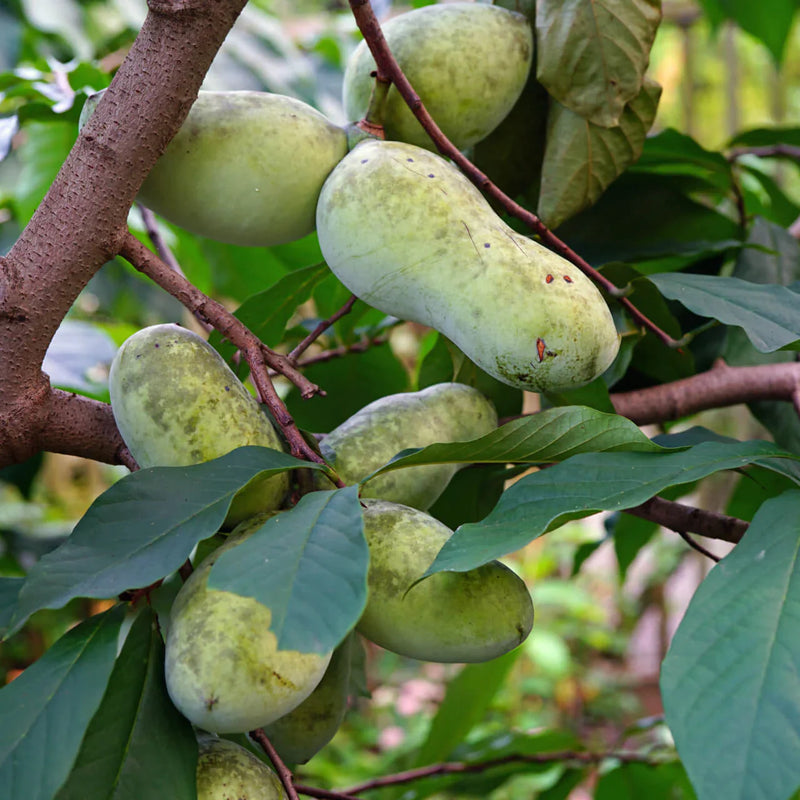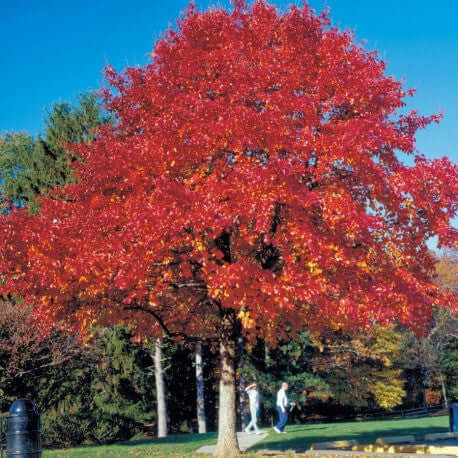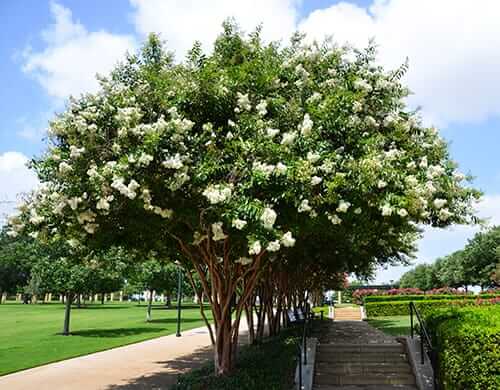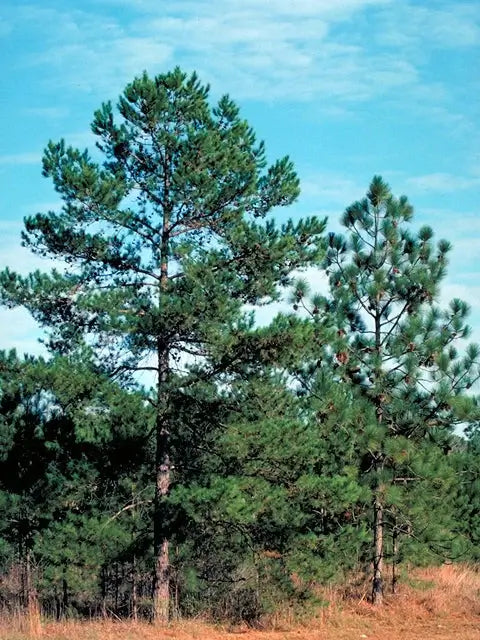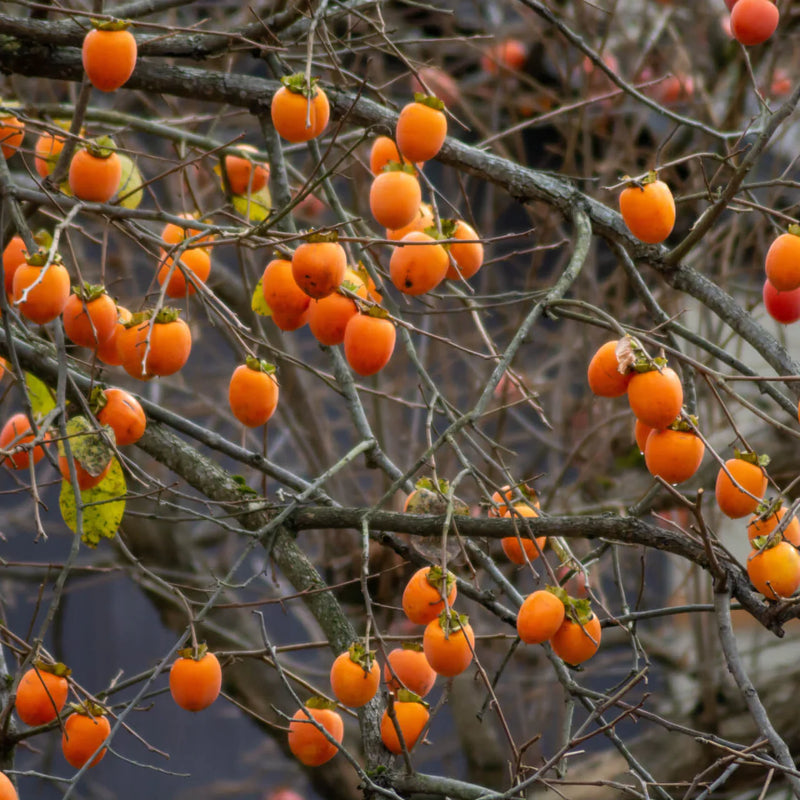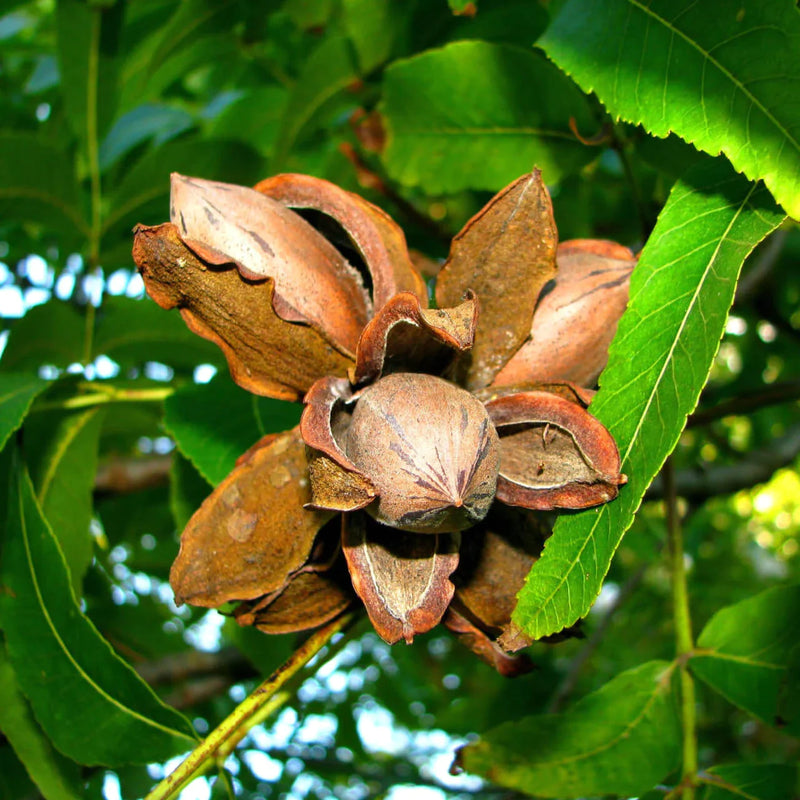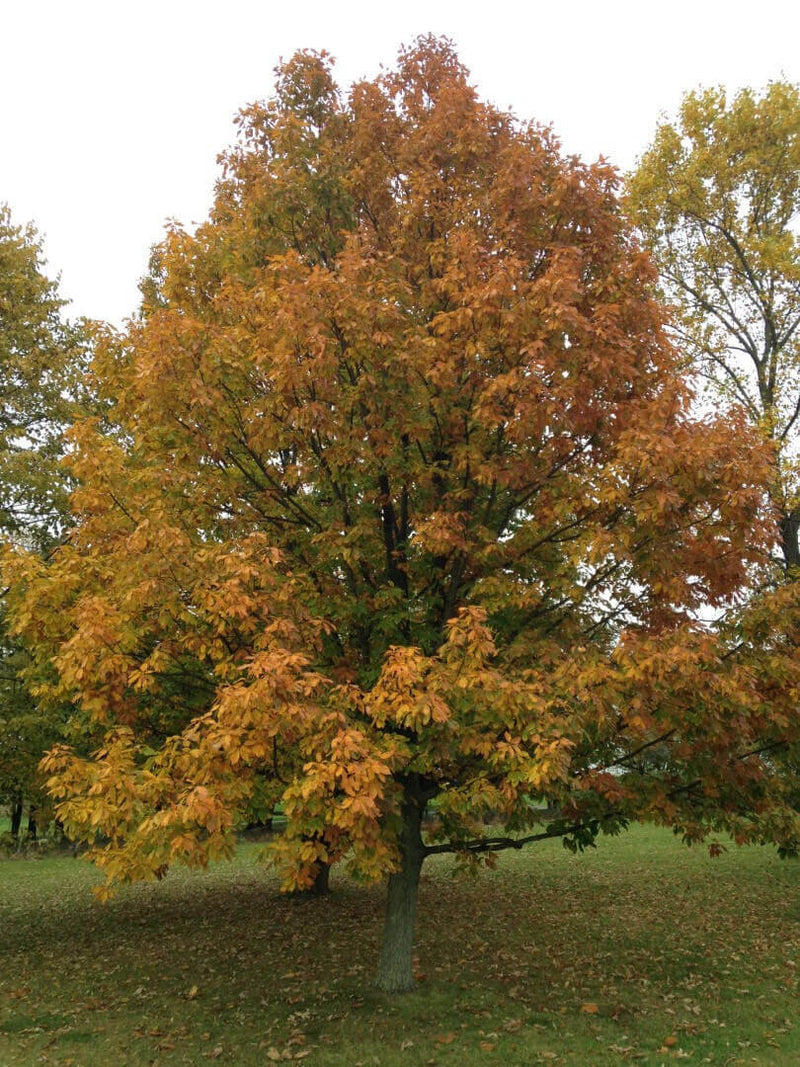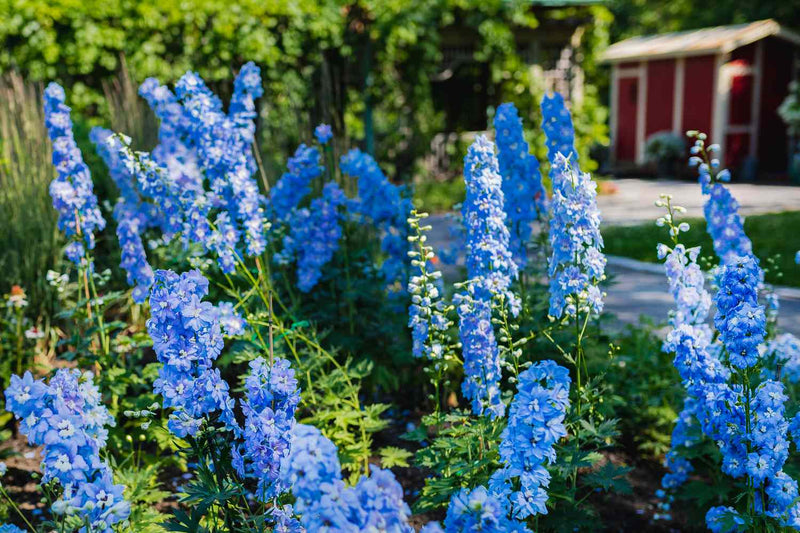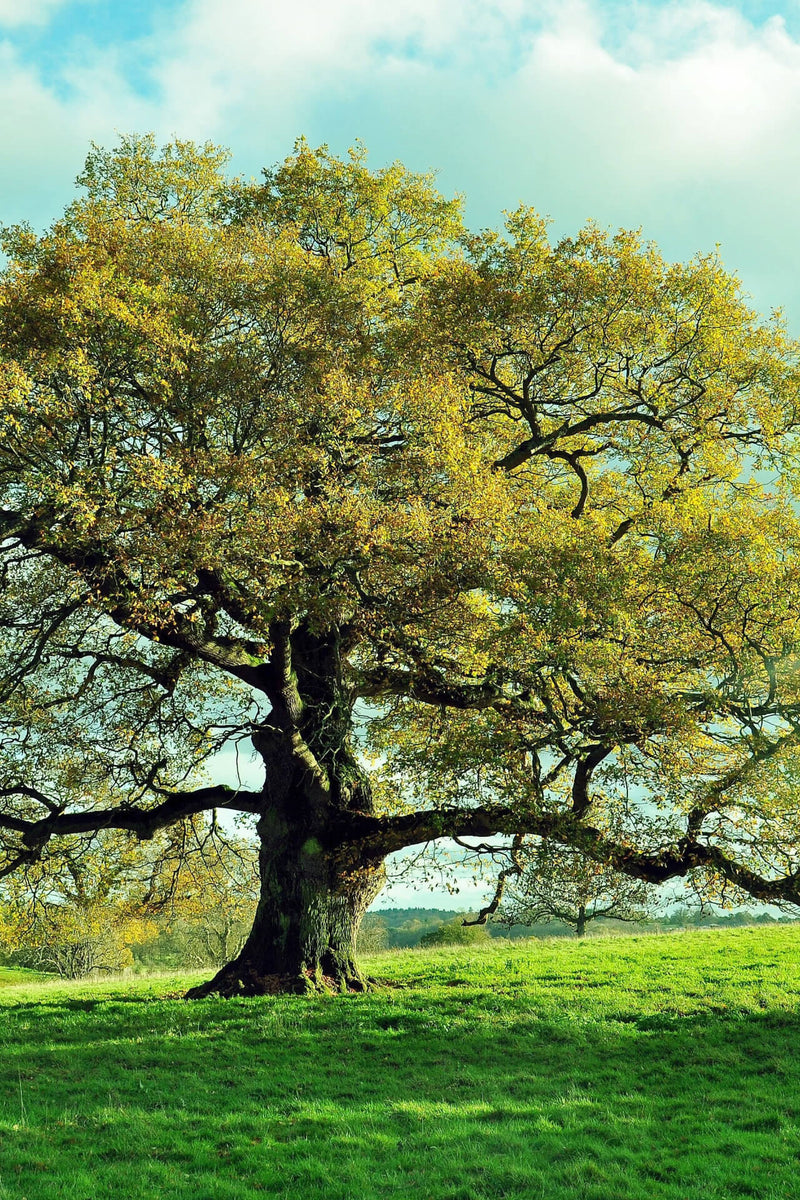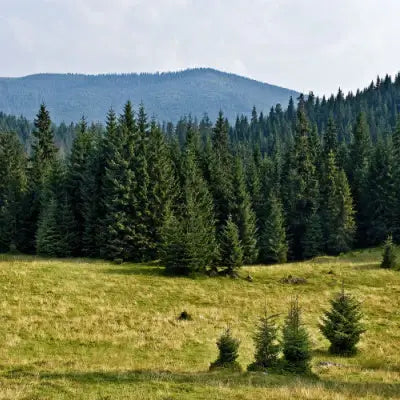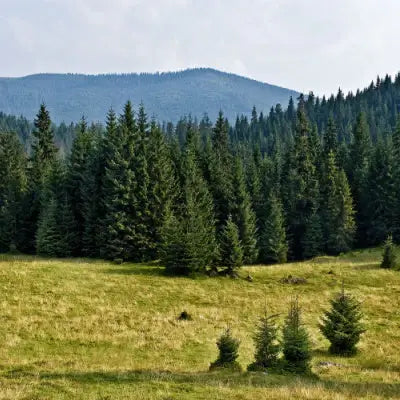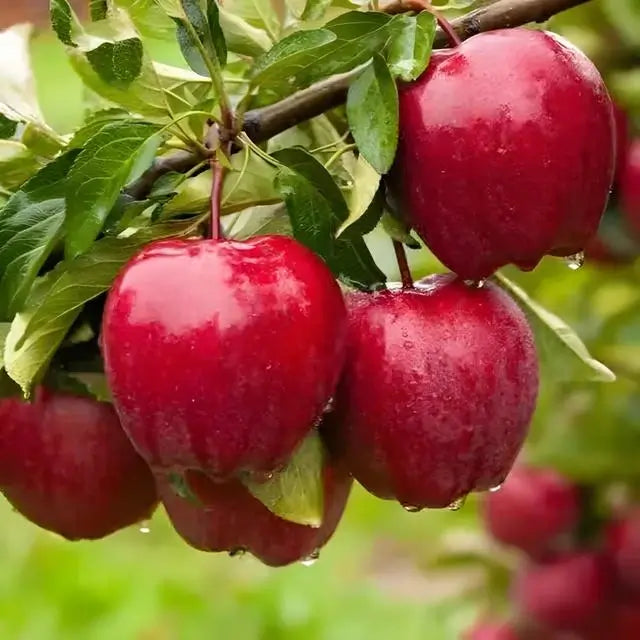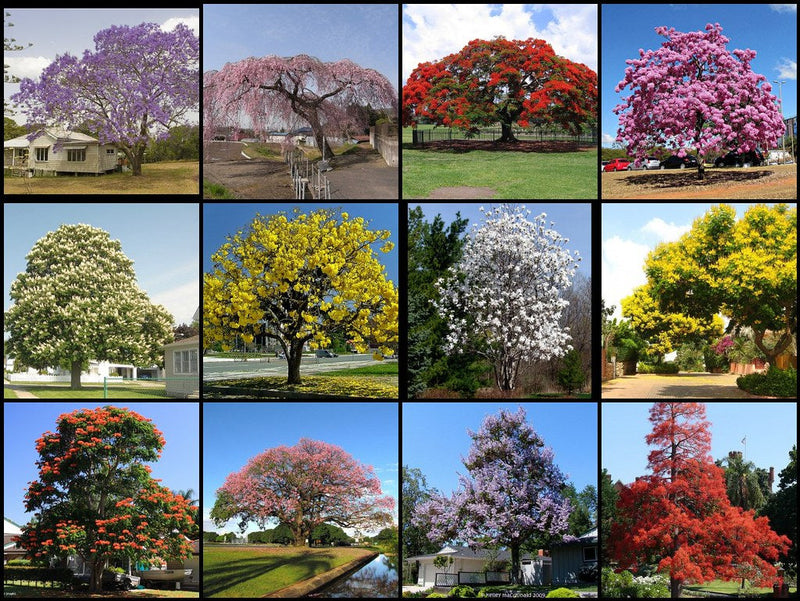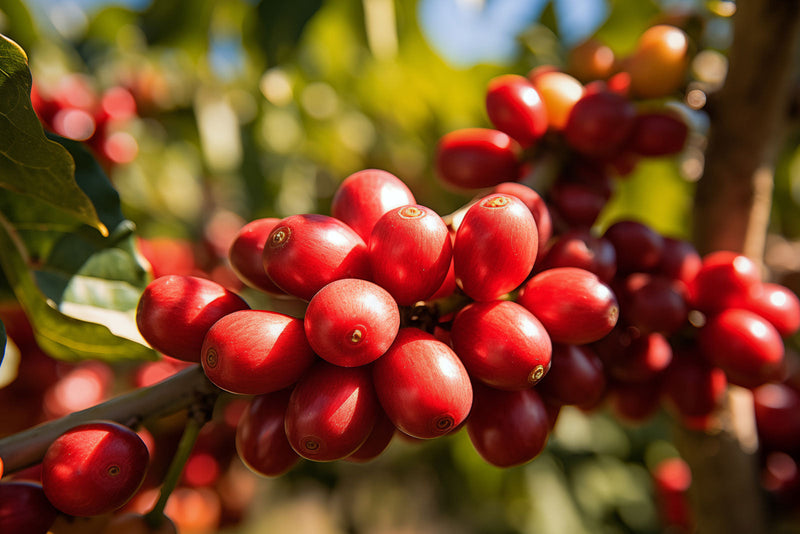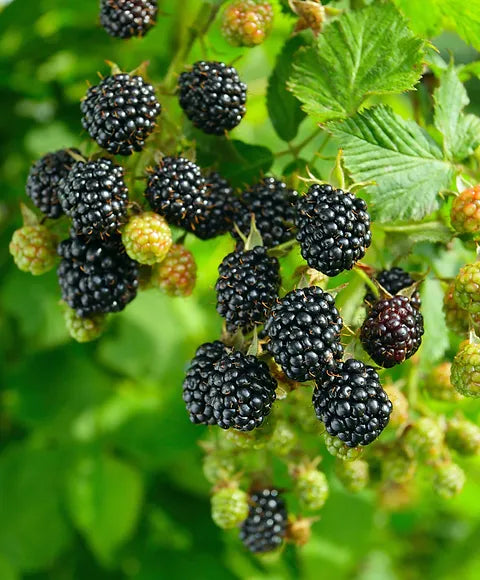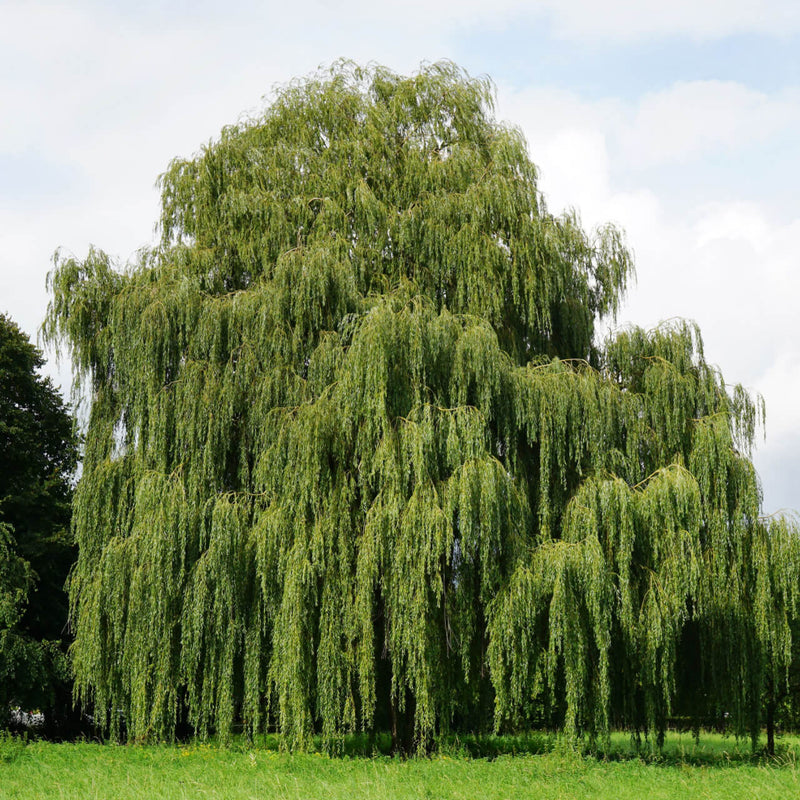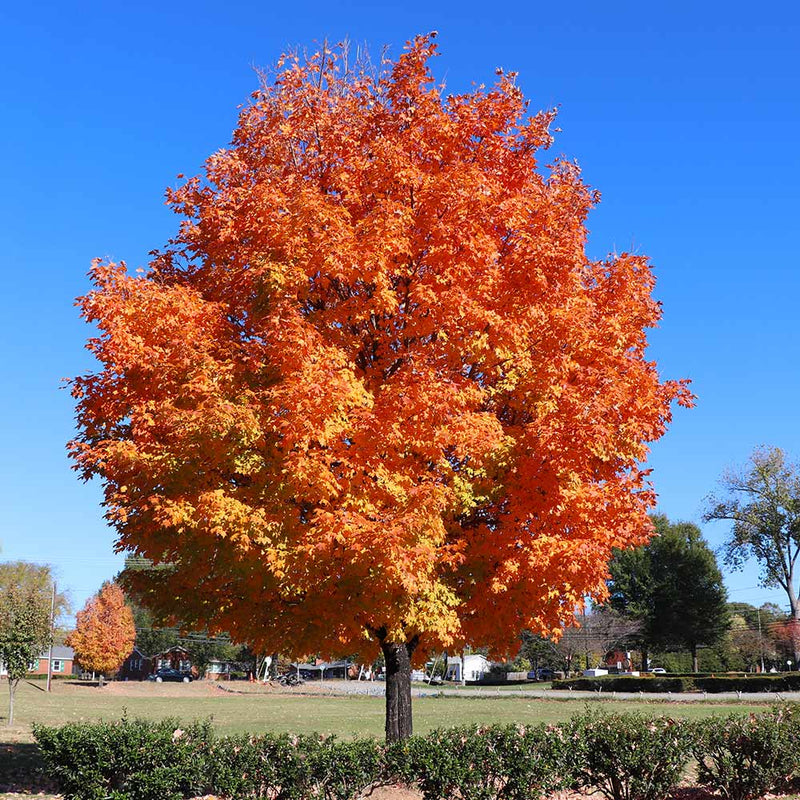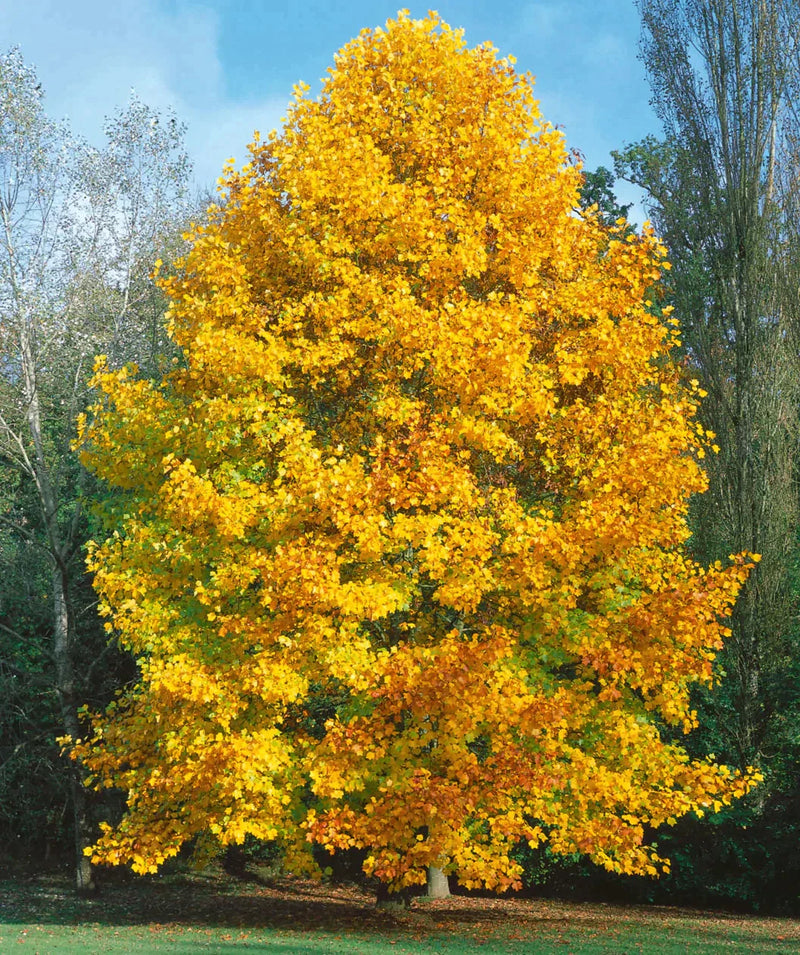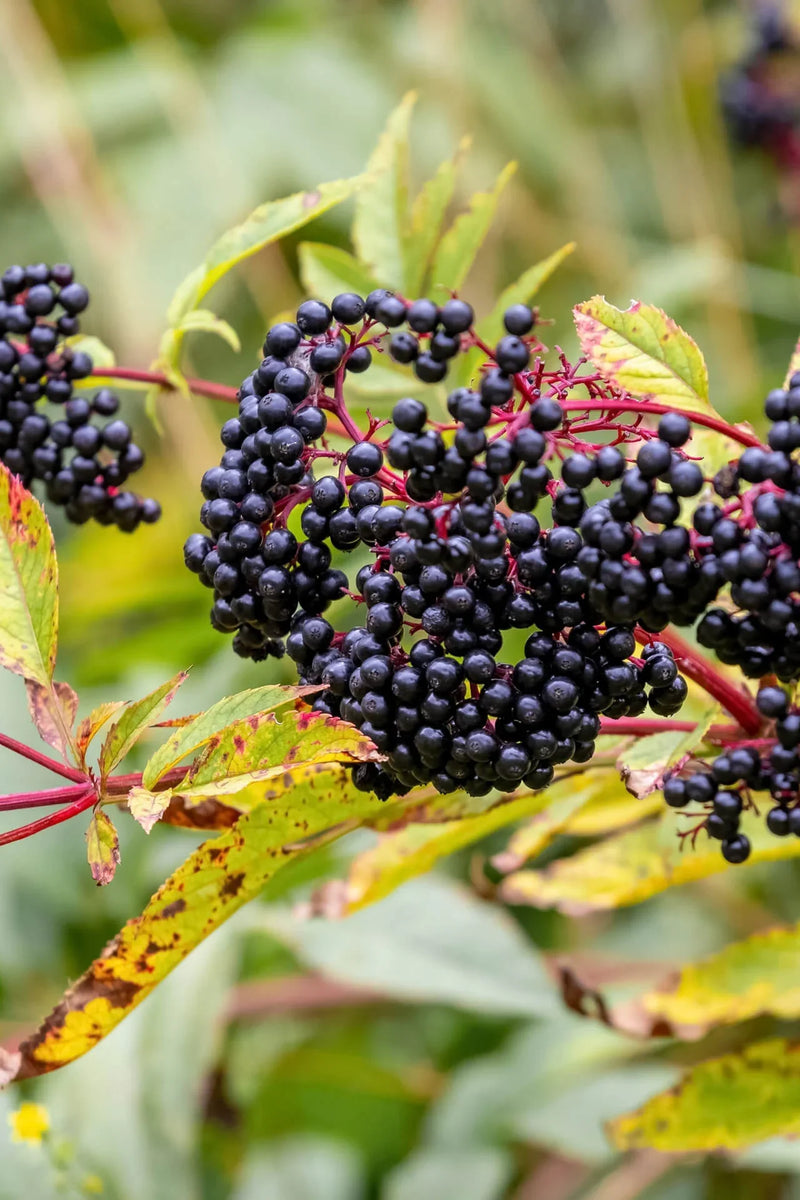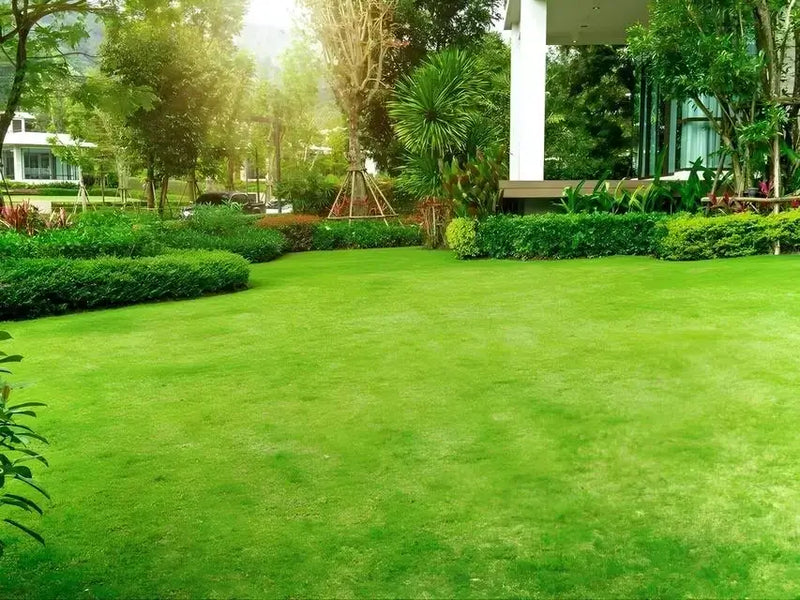Perennials and annuals are not the same types of plants with distinct characteristics, each with its benefits.
Here are some benefits of perennials over annuals
Longevity: Perennials are plants that live for more than two years, often coming back year after year. This longevity means you don't need to replant them annually like you would with annuals. This can save you time, effort, and money in the long run.
Stability: Once established, perennials tend to have more stable and extensive root systems than annuals. This makes them more resilient to environmental changes, including droughts and storms. Their deep roots can help prevent soil erosion and improve soil structure.
Less Maintenance: Because perennials return each year, you'll spend less time planting new seeds or transplants and more time enjoying the mature plants. They often require less maintenance in terms of replanting and soil preparation.
Cost Savings: While perennials might have a higher initial cost than annuals since you don't need to buy new plants yearly, the investment pays off over time. You'll likely spend less money on plants in the long term.
Environmental Benefits: Perennials often have more established root systems that help prevent soil erosion and runoff. They also provide habitat and food sources for beneficial insects and pollinators, contributing to a more balanced ecosystem.
Year-Round Interest: Many perennials offer multiple seasons of interest, with various growth phases, flowering, and dormancy. This can create a visually appealing landscape throughout the year.
Biodiversity: Perennials come in a wide range of species and varieties, allowing you to diversify your garden and support a broader array of wildlife. This can help maintain a healthier and more resilient ecosystem.
Reduced Watering: Once established, many perennials have developed deep root systems that make them more efficient at accessing water deeply in the soil. This can eliminate the need for frequent watering compared to shallow-rooted annuals.
Reduced Weeding: As perennial plants grow more robustly over time, they can often outcompete weeds, reducing the need for extensive weeding efforts.
Soil Health: Perennials can improve soil health over time by adding organic matter as they shed leaves and flowers and enhancing microbial activity in the soil.
Erosion Control: Perennials with extensive root systems can help stabilize soil and prevent erosion.
It's important to note that perennials and annuals have their place in gardening and landscaping, and the choice between the two depends on your specific goals, preferences, and the environment in which you're working. Many gardeners combine both types to create a diverse and visually appealing landscape.
Landscaping is not just about making a visually appealing outdoor space; it's also about making wise financial decisions that balance aesthetics with practicality. When selecting plants for your landscape, perennials can offer significant cost-saving advantages over annuals.
Here's How Perennials Can Help You Save Money
Durability: Perennials are known for their long lifespan, lasting for several years or even decades with proper care. In contrast, annuals complete their life cycle within a single year. This means that while perennials might require a slightly higher initial investment, they provide ongoing returns in continued growth and beauty without needing annual replacements.
Reduced Purchasing Frequency: Annuals must be purchased and replanted every year and can quickly add up in time and money. Perennials, once established, eliminate the need for this yearly expense, resulting in significant long-term savings.
Lower Planting Costs: Planting annuals each year involves significant labor, including soil preparation, planting, and mulching. Over time, the cost of these repetitive tasks can accumulate. With perennials, the initial planting effort is concentrated in the beginning, and subsequent maintenance is often less labor-intensive.
Minimal Maintenance: Perennials generally require less maintenance compared to annuals. Once established, they tend to have more robust root systems, making them stronger to environmental stressors and better at competing with weeds. This means less time spent watering, weeding, and caring for your landscape.
Water Efficiency: Many perennials develop deep root systems that allow them to access water more profoundly in the soil. This natural water efficiency reduces frequent watering, lowering water bills and increasing water conservation.
Reduced Fertilizer Needs: Perennials often have slower growth rates compared to annuals, which can result in lower fertilizer requirements. Additionally, as perennials mature, they contribute organic matter to the soil through fallen leaves and spent blooms, naturally enriching the soil and reducing the need for synthetic fertilizers.
Interest: Perennials often provide year-round interest, with different stages of growth, flowering, and sometimes even winter appeal. This extended visual impact reduces the need for frequent changes to your landscape design, sparing you the expense of purchasing new plants for seasonal color.
Natural Propagation: Perennials can spread and reproduce naturally, filling spaces over time. This means you can gradually expand your landscape without buying additional plants. Divide mature perennials and replant the divisions in new areas of your garden.
Resilience to Weather Variability: Perennials' well-established root systems can stand extreme weather conditions such as droughts or heavy rains. This resilience reduces the risk of plant loss due to weather-related stress, saving you from frequently replacing plants.
Savings in Pesticides: Healthy, established perennials are often more resistant to pests and diseases than weaker annuals. This can lead to fewer pest problems, reducing the need for pesticide applications and associated costs.
Environmental Benefits: By choosing perennials, you contribute to a more sustainable and biodiverse landscape. Native perennials support local ecosystems and require fewer chemical inputs, potentially saving environmental cleanup and restoration costs.
Perennials Increase Property Value
Increased Property Value: A thoughtfully designed landscape with well-chosen perennials can enhance your property's curb appeal and overall value. This is especially valuable if you're considering selling your property.
In conclusion, while perennials might require a slightly higher upfront investment, their long-term benefits outweigh the initial costs. From reduced purchasing frequency and maintenance expenses to water and fertilizer savings, perennials offer an innovative and sustainable approach to landscaping that can lead to significant financial savings over time. By carefully selecting and nurturing these plants, you can create a stunning and enduring landscape that enhances your outdoor space and wallet.
